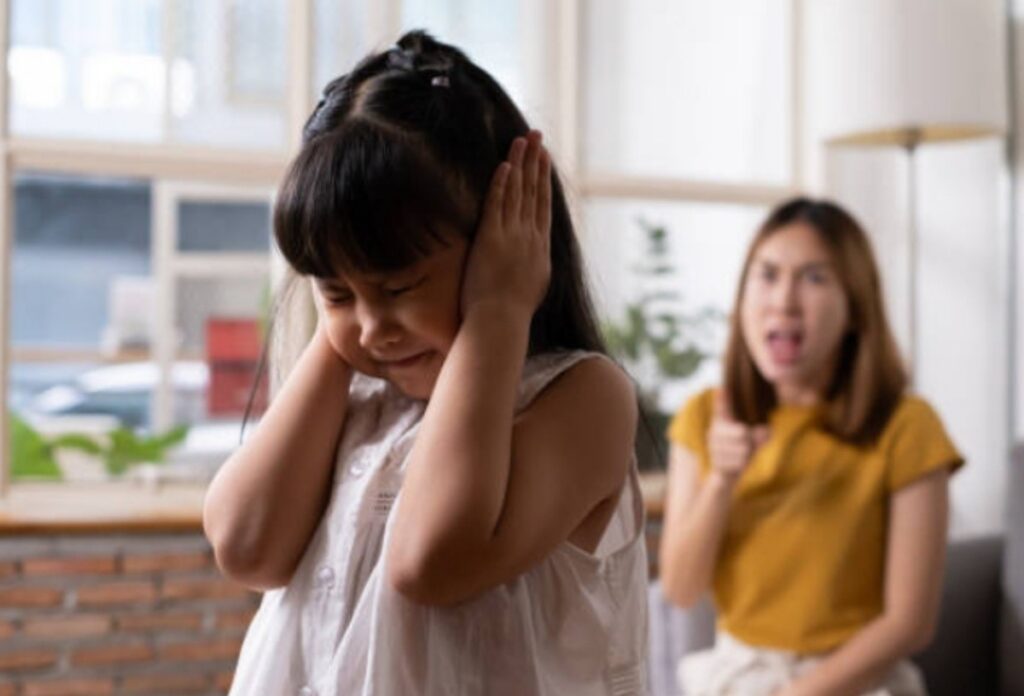More in Family & Relationship
-


Family & Relationship
Judy Austin Counsels Women, Saying, “If You’re Lucky Enough To Find True Love, Fight For It.”
Judy Austin, a Nollywood actress, has given her gender a message on finding real love. Judy...
-


Family & Relationship
Motherhood: Understanding And Addressing Disrespectful Behavior In Teenagers 12
Most mothers with a teenager experience disrespectful behaviors from them. It may be mild, moderate, or...
-


Family & Relationship
Matriarchal Men Are Unfit For Marriage, According To BBNaija’s Ennada
Ifu Ennada, a former housemate on Big Brother Naija, asserted that guys who prioritize their mothers...
-


Family & Relationship
Reno Omokri Counsels Men To Marry A Woman They Are Attracted To In Order To Enjoy Happiness In The Marital Bed
Reno Omokri, a former presidential advisor, has advised men to marry women for whom they are...
-


Family & Relationship
VJ Adams Discusses His Current State Of Relationship With Actress Bimbo Ademoye
Nigerian media celebrity VJ Adams has officially revealed that he is dating Nollywood actress Bimbo Ademoye....













